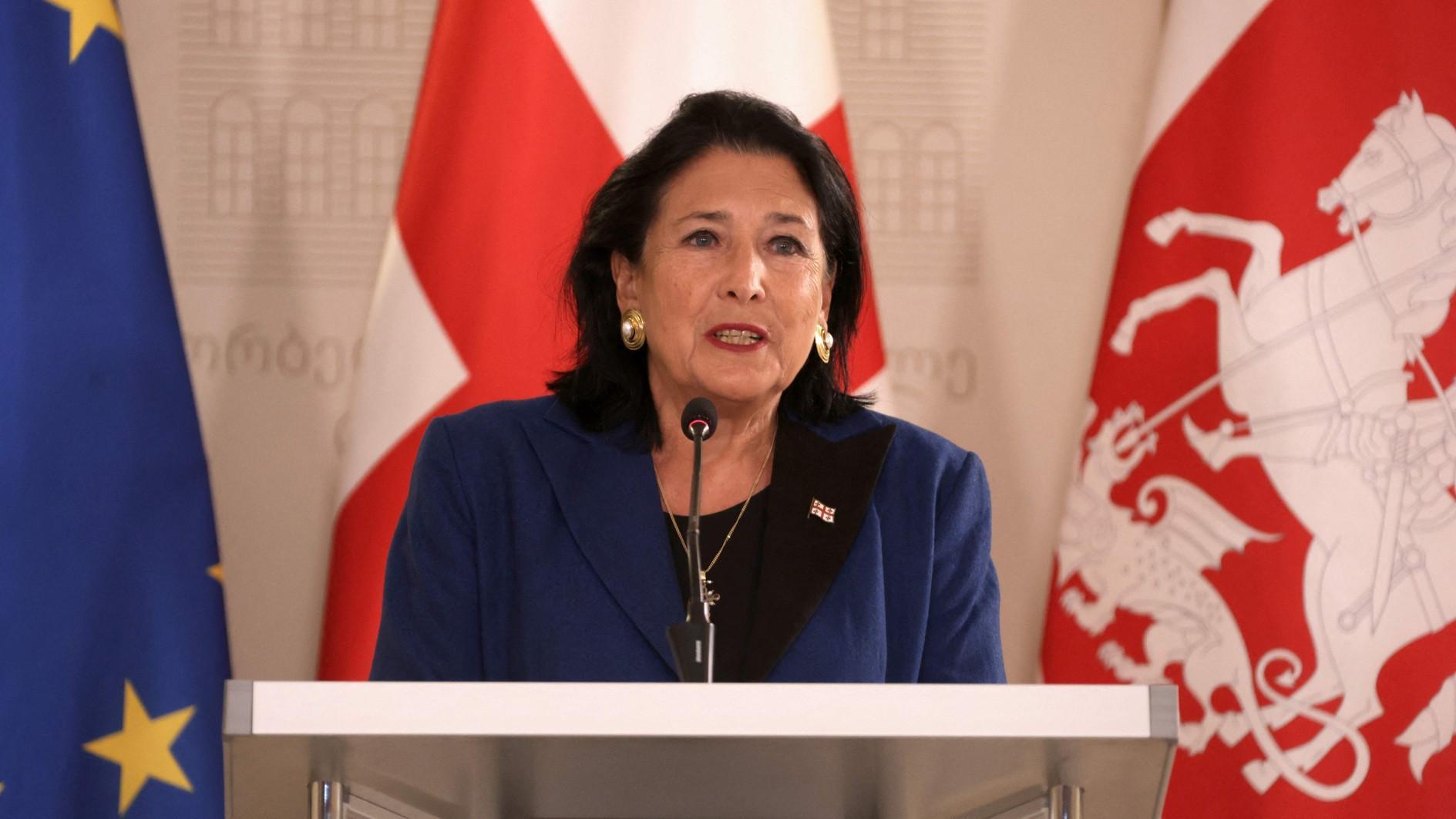How to read a recent survey on World War I
It was very interesting to read an interview by Barçın Yinanç in the Hürriyet Daily News on a recent British Council survey in seven countries, including Turkey and the U.K., on views of the First World War.
The co-author of the report based on the survey, Anne Bostancı, said they found that “young generations in Turkey know more about and feel more affected by events related to the war than older generations, and accordingly differ from their peers in the U.K.”
Another striking finding relates to the question about knowledge of the Sykes-Picot Agreement, with Turkey and Egypt found to be the countries with the highest levels of knowledge about the agreement.
Bostancı thinks it is quite shocking to find that “it is possible for some countries to move on from history and forget about decisive moments because it affected other parts of the world in a more everyday way.”
Well, it is natural for Turks to have a more vivid memory of the war, which is resulted in the loss of an empire. Nevertheless, until quite recently the Kemalist reading of history put more emphasis on the consequences of the war in Anatolia, which was turned into “the motherland” of the Turkish Republic, than on the issue of the occupation of Istanbul and Anatolia by the Allied forces. Nevertheless, the conservative reaction against the republican reading of history has always given priority to the issue of “the loss of the empire” and resentment around “the great loss.” After the conservatives/Islamists came to power and finally managed to transform the official ideology, the conservative reading of history has started to shape the historical memory more effectively over the last decade in Turkey. In addition, after Turkey’s foreign policy started to be shaped by neo-Ottoman ambitions in the Middle East, the Sykes-Picot Agreement turned into more of a reference point in political discourse. The foreign policy discourse of the “New Turkey” recalls Sykes-Picot as a British-French plot against Ottoman suzerainty. Therefore, it is not surprising that the younger generations are found to be more knowledgeable of World War One - and of Sykes-Picot in particular - since it is a part of the new official history.
Even the Kurdish political movement has started to focus more on Sykes-Picot as an infamous moment in Kurdish history, as it is claimed that the agreement separated “four” parts of Kurdistan from each other. Nationalist readings of history typically tend to ignore the fact that nations did not exist before the modern era, so there was never a united Kurdistan in Ottoman times. Besides, the Iranian part of the imagined Kurdistan had nothing to do with Sykes- Picot, as it has always been a part of Iranian history. Nevertheless, it seems that even the Kurdish nationalist reading of history is strongly affected by the new official reading of the New Turkey.
Finally, the new neo-Ottomanist official history is closely linked to the Islamist reading of modern history, according to which not only did the penetration of Western modernization ruin Muslim society, but also the Western Powers divided the “imagined ummah.” That is why Sykes-Picot is central to the Islamist reading of history, not only in Turkey but also elsewhere. It seems that this is the reason why the survey found the highest awareness concerning Sykes-Picot in Egypt together with Turkey. In fact, the infamous agreement was not among the most decisive moments of modern history in Egypt, but the focus of Arab nationalism in Egypt has never been centered on the Ottoman Empire/Caliphate, unless it reflected Islamist views. Nevertheless, Sykes-Picot better serves the conspiratorial anti-Western reading of history than anything else; after all, despite its recent fall from political power, nobody can deny the impact of Islamist thinking on Egypt’s political thinking after the Nasser era.
No matter that the Ottomans lost control in the Arab provinces long before World War One, and no matter that Arab nationalism allied itself with the Western ambitions, Islamists tend to think it was only Western plots that ruined the Muslim Empire, divided the ummah, and further weakened the Muslims by “divide and rule” games.
So, I strongly advise you to read the results of the British Council survey and its report under this light.











